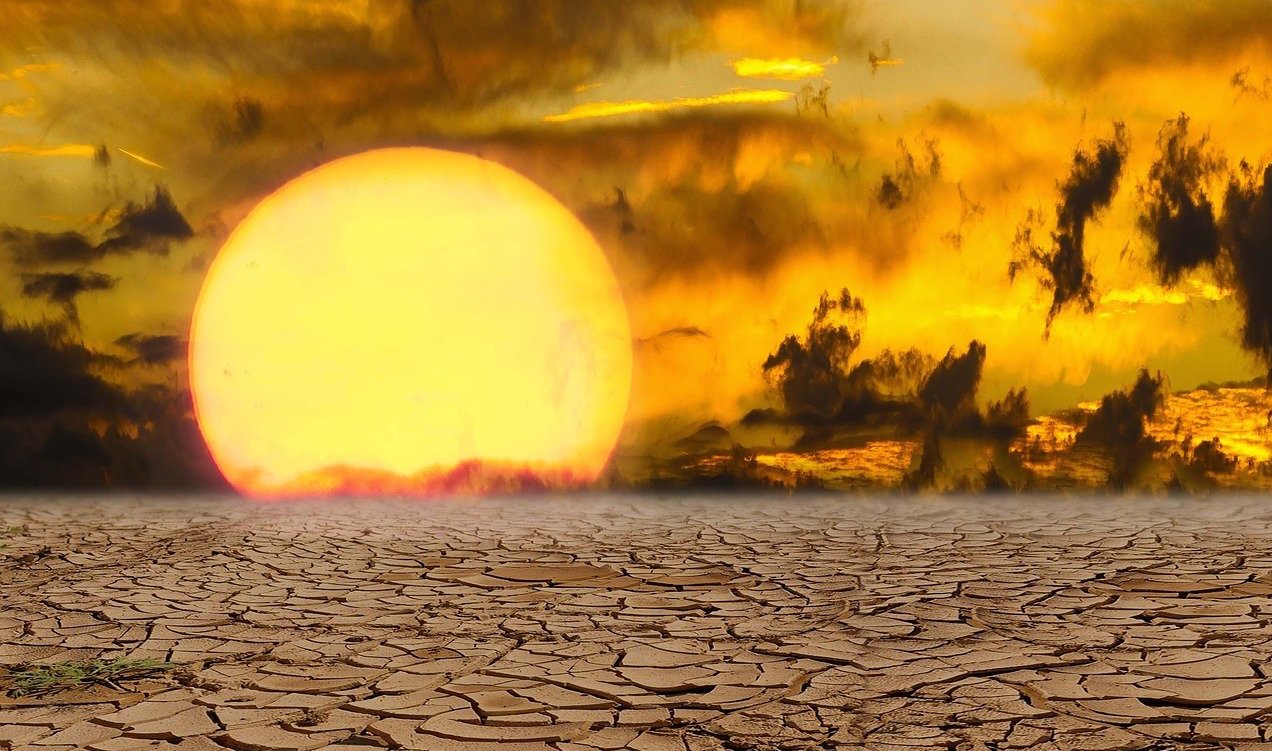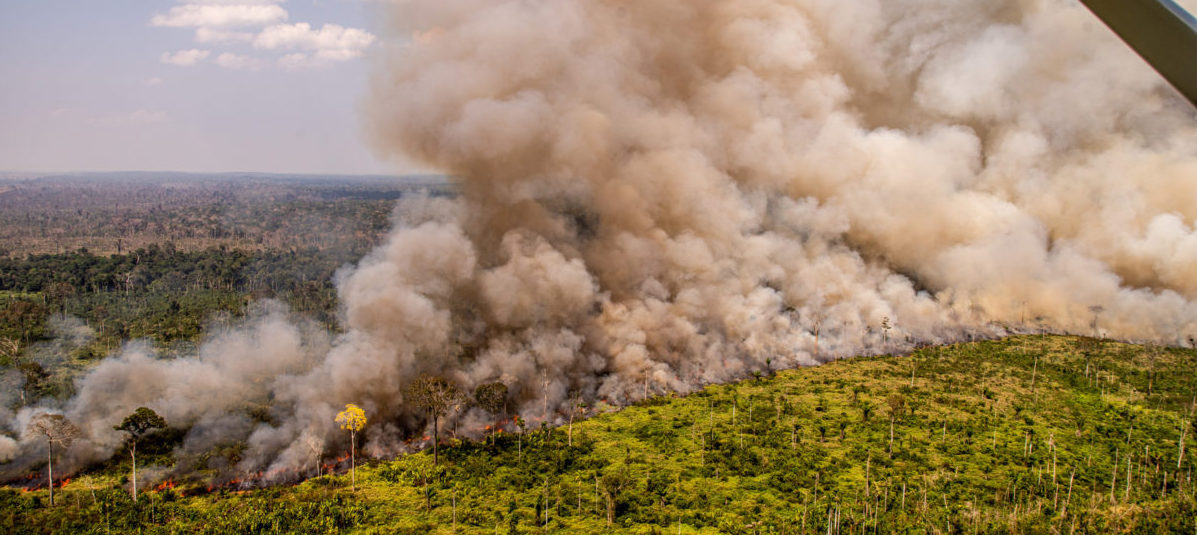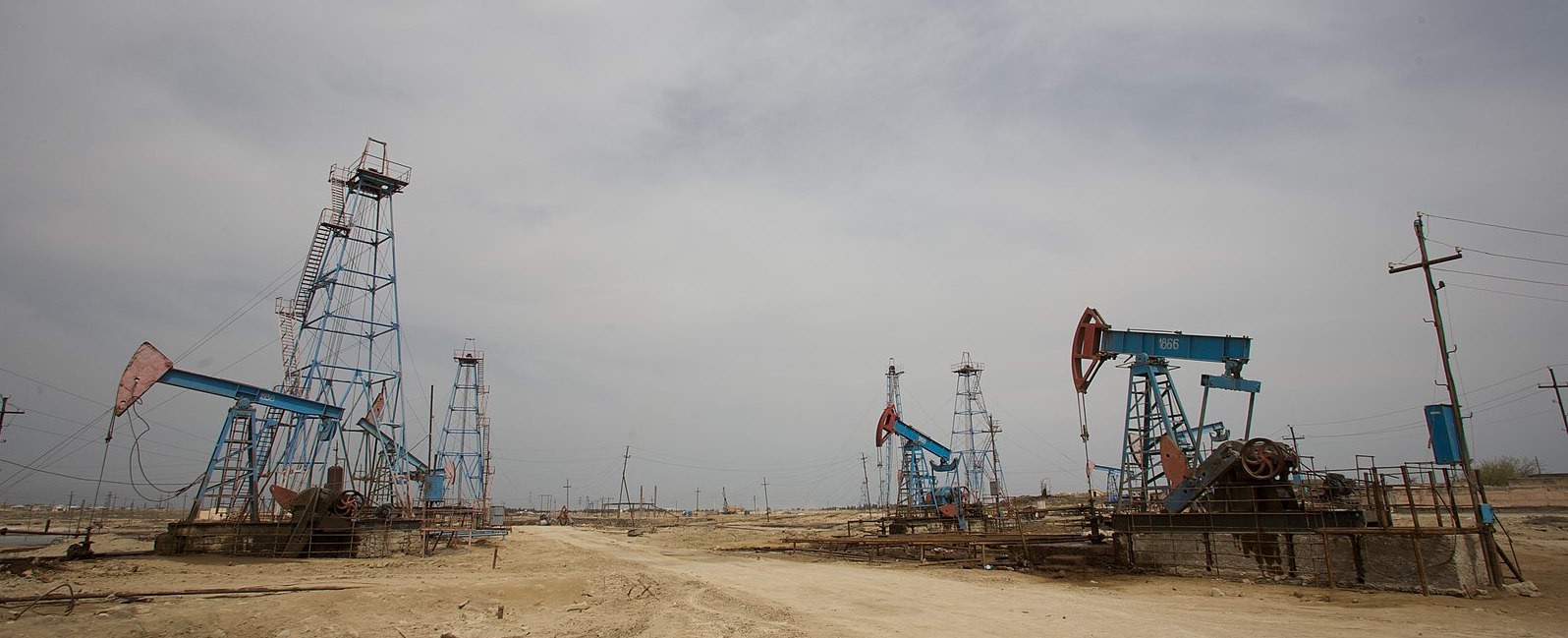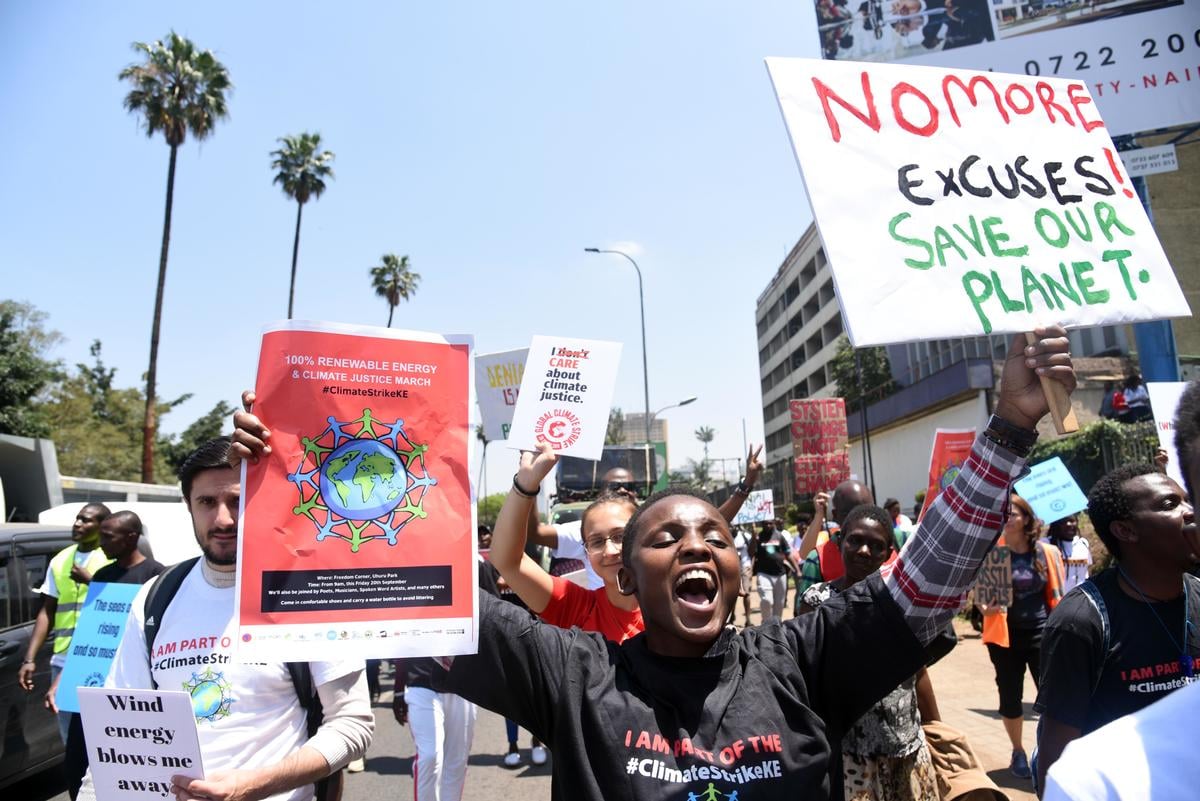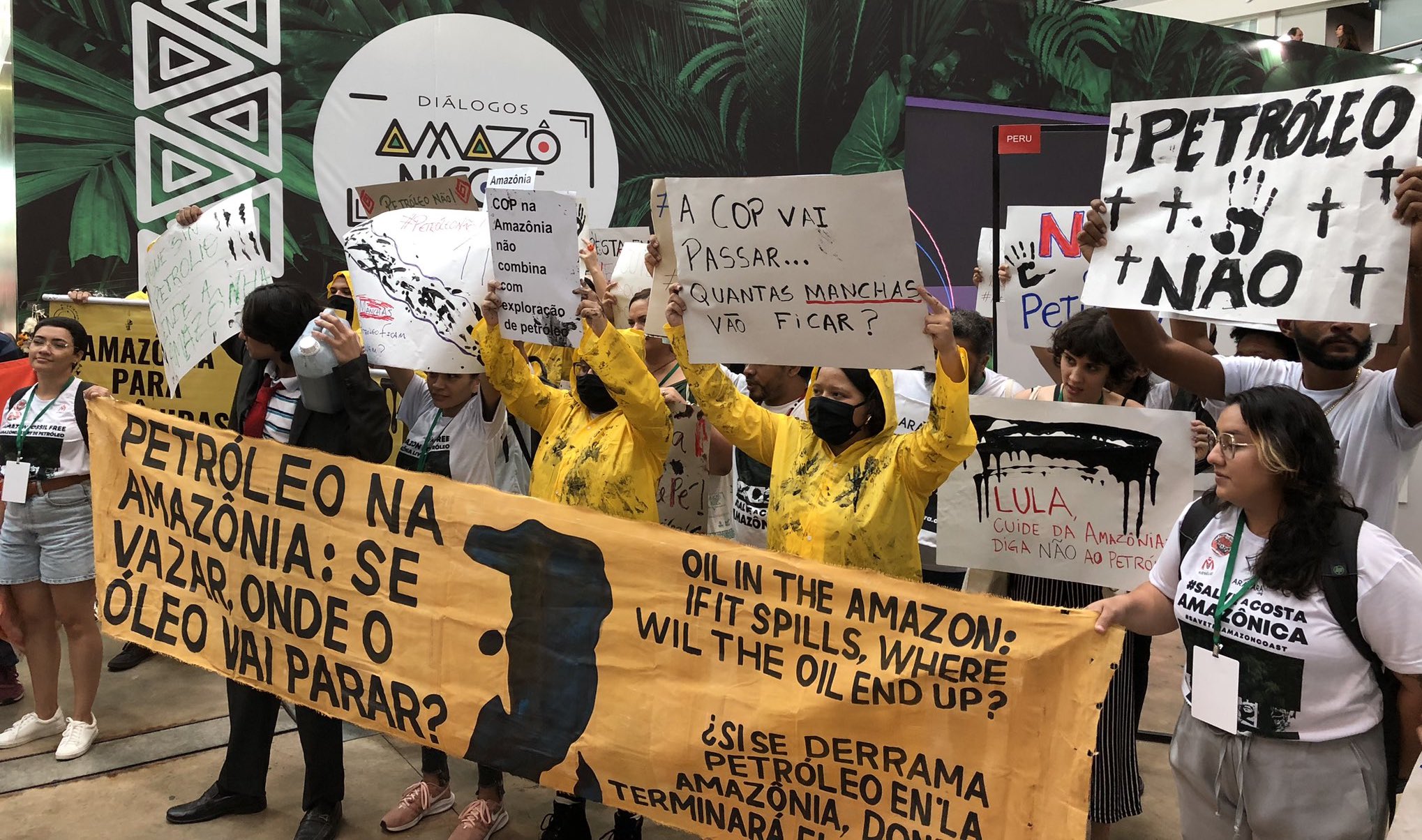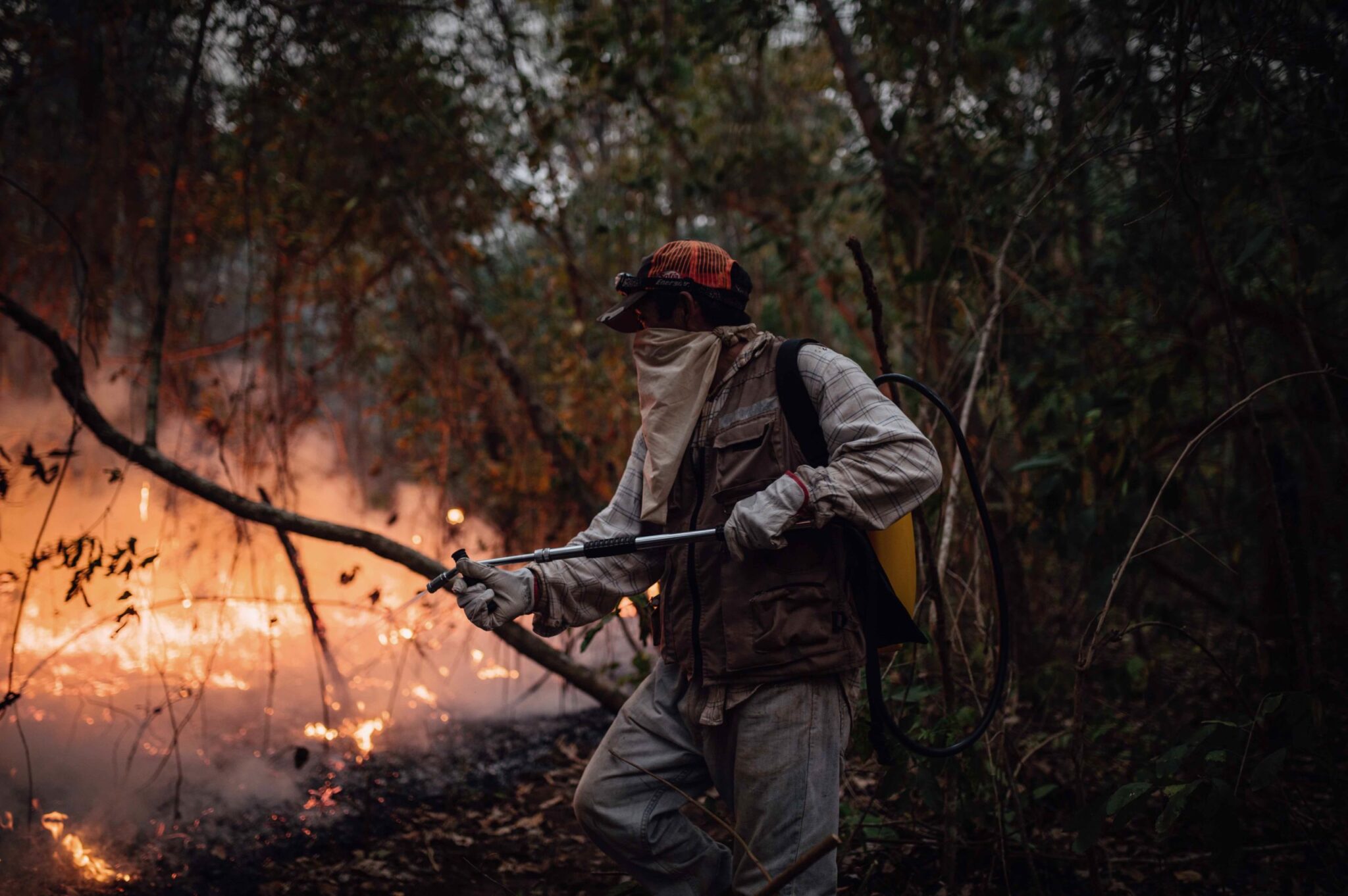
Absent Trump looms large over COP30
Following another year of record temperatures and powerful storms, world leaders are gathering in Belém, Brazil, for the opening of the COP30 climate talks. But the leaders attending—notably, they do not include US President Donald Trump—will be confronted by a fraying global consensus on climate change, amid difficult geopolitical headwinds. A major risk to multilateral climate action is the presidency of Trump, who has described global warming as the world’s “greatest con job.” Reuters reported that some European officials have been bracing for a possible intervention by the Trump administration—despite the US withdrawal from the Paris Agreement. Washington recently torpedoed a carbon levy on shipping, and European officials are worried that the Trump administration could make threats with tariffs or visa restrictions to influence the COP talks too. “If they pull the same tactics, I think there’s zero chance of having any sort of rallying around the Paris Agreement in response,” one official told Reuters. (Photo: CounterVortex)




